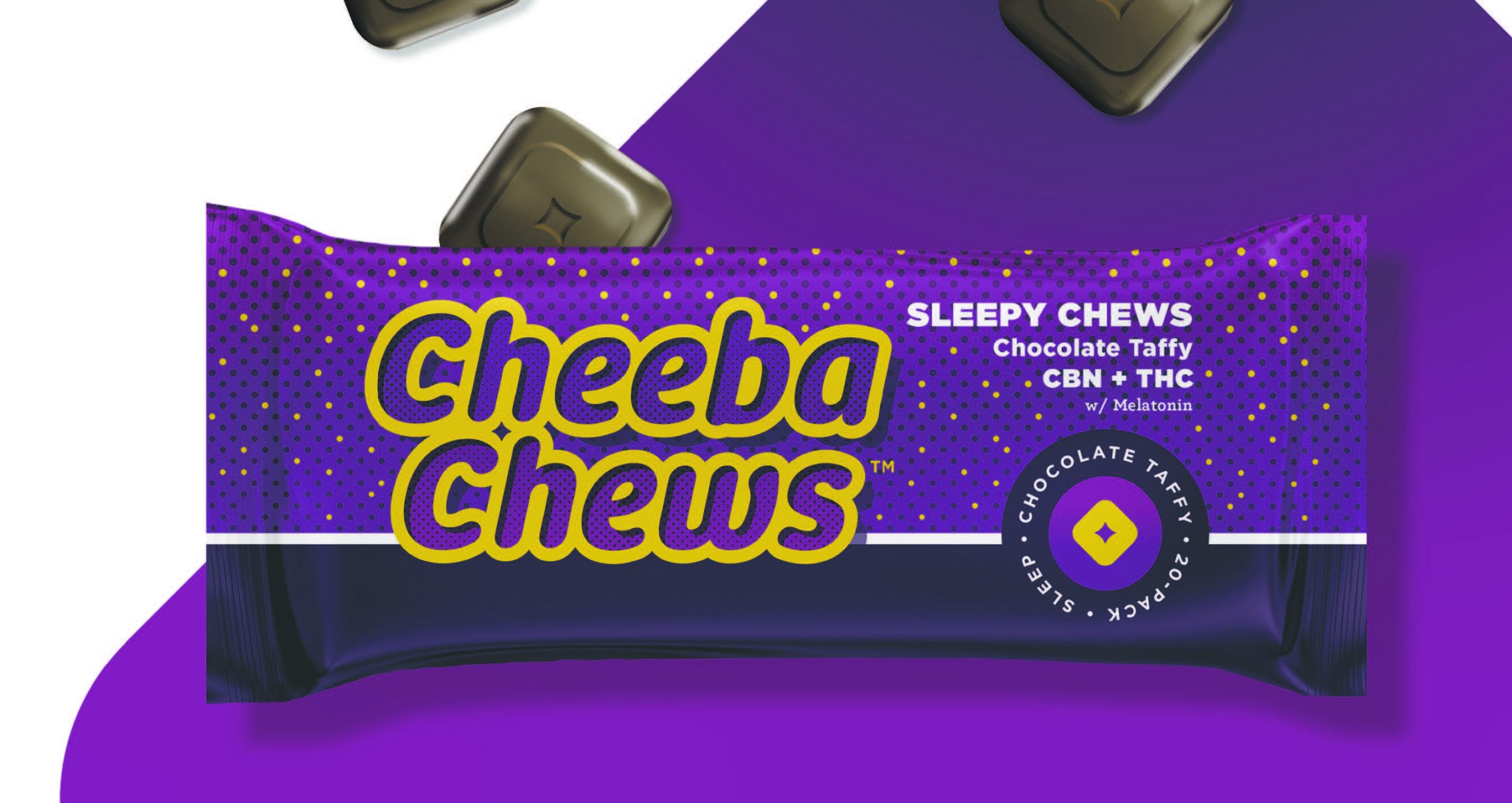Consciousness: the reason Descartes climbed in the oven; from the Latin scire, meaning “to know,” Webster’s medical dictionary defines it as “the totality in psychology of sensations, perceptions, ideas, attitudes, and feelings of which an individual or a group is aware at any given time or within a given time span.” Consciousness has been one of the primary foci of the modern philosophical mind back to the Enlightenment and ol’ Rene D’s exclamation upon climbing out of said oven (how dirty must he have been?) that he thought, therefore he was. He and his contemporaries, notably Locke, composed exhausted examinations of the subject from many angles, ushering in the modern era of thought on the topic.
Consciousnesses has turned out to be damn nigh impossible to measure. Those Enlightenment thinkers sought to locate its physical seat within our bodies and settled on the pineal gland, an esoteric little organ in the forehead associated with the “third eye,” the legendary “seat of the soul.” Today’s leading minds haven’t gone much further despite their attempts, guided by the scientific method and modern technology, in a quest to find its specific placement beyond identifying some of the chemicals that make up the reactionary and alterable soup within our brains.
I suppose my consciousness begins with my earliest memories. The first is just a series of snippets, really, but they have coalesced in my mind in such a fashion that I believe it took place in one day – some sort of get together my parents had when I was 4 years old or less. I can close my eyes and see images of their friends, there was beer, there were joints being rolled. Beyond that, I don’t have much of a plot. The timeline of my consciousness kicks in in the summer of 1976 and the Bicentennial celebration: I remember my gramma’s basset hound Maggie hiding under the bed trembling while fireworks boomed outside; the Montreal Olympics: We watched on a tiny black-and-white in the back bedroom, enthralled by Nadia Comaneci and her perfect 10s and the U.S. boxing team with its five gold medal winners. From there, I was on to nursery school and the rest is imbedded in my personal history.
Consciousness is unavoidable. It’s the thing that keeps us up at night, the change of perception when a friend walks into the room, the surge when you slam on the brakes to narrowly avoid a crash. And it’s alterable. We can adjust it with chemicals, with activities, with a selection of sensory input. And we modern humans love our altered states – alcohol, nicotine, prescription drugs, yoga, float tanks, Transcendental Meditation, music, movies, food – there are nearly unlimited ways to go about changing the angle of your mind state.
The patron saint of modern consciousness alteration is the 19th century French poet Jean Nicholas Arthur Rimbaud, whose legendary career in letters ended around the age of 20 and whose regimen in pursuit of truth relied heavily on hashish, absinthe and many of the basic elements of a dissolute lifestyle. But his dissolution had a purpose, Truth: “The Poet makes himself into a seer by a long, involved and logical derangement of all the senses. Every kind of love, of suffering, of madness; he searches himself; he exhausts every possible poison so that only one essence remains.”
That essence became the goal of those individuals of the latter half of the 20th century who sought to go beyond the norms of society, especially here in America – the beats, the hippies, the rebels, the seekers. They were aided by an explosive expansion of pharmacological options: the plant teachers (mescaline, marijuana, psilocybin), the synthetics (LSD, DMT, MDMA), the half dozen permutations of “speed” (Dexedrine, Benzedrine, ephedrine, etc), along with the longtime standbys (alcohol, tobacco, adrenaline). Everything changed.
Now, we sit on the back end of that chapter in history, watching as things settle out, with Miss Mary Jane finally getting her due as the gentlest and most versatile of the bunch. But she hasn’t traveled alone. Her story necessarily includes Albert Hoffman, Timothy Leary and Ram Dass, the McKenna brothers, Cassidy, Kesey and Kid Charlemagne himself, Augustus Owsley Stanley – the heroes of Counterculture. It’s been a wild ride and it’s still picking up speed. Can you feel the buzz?
Christopher Gallagher lives with his wife and their four dogs and two horses. Life is pretty darn good. Contact him at [email protected]













